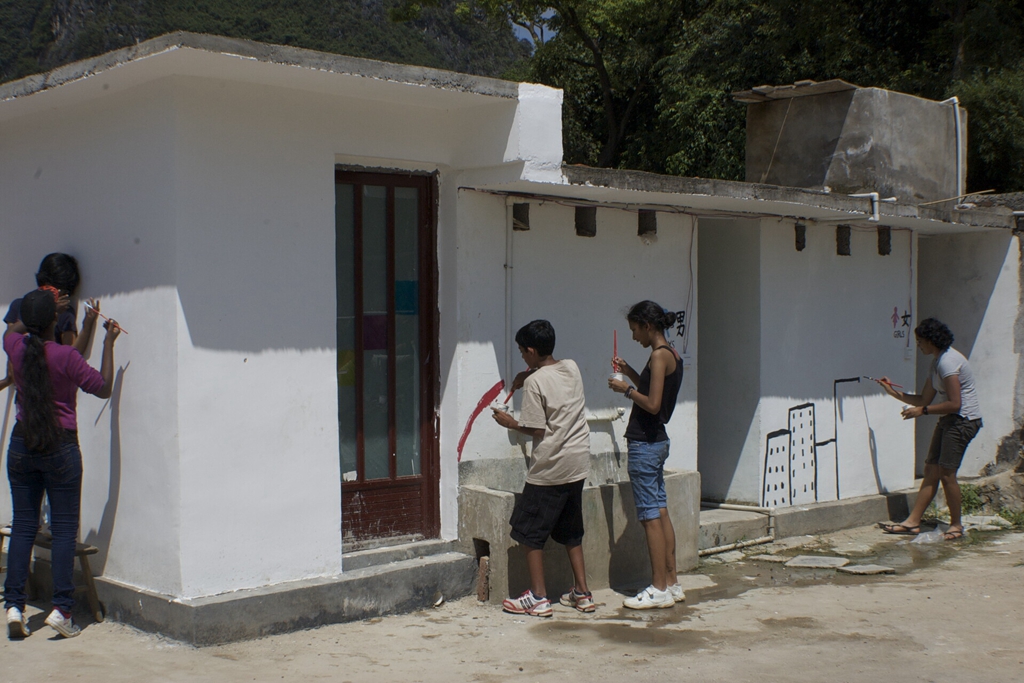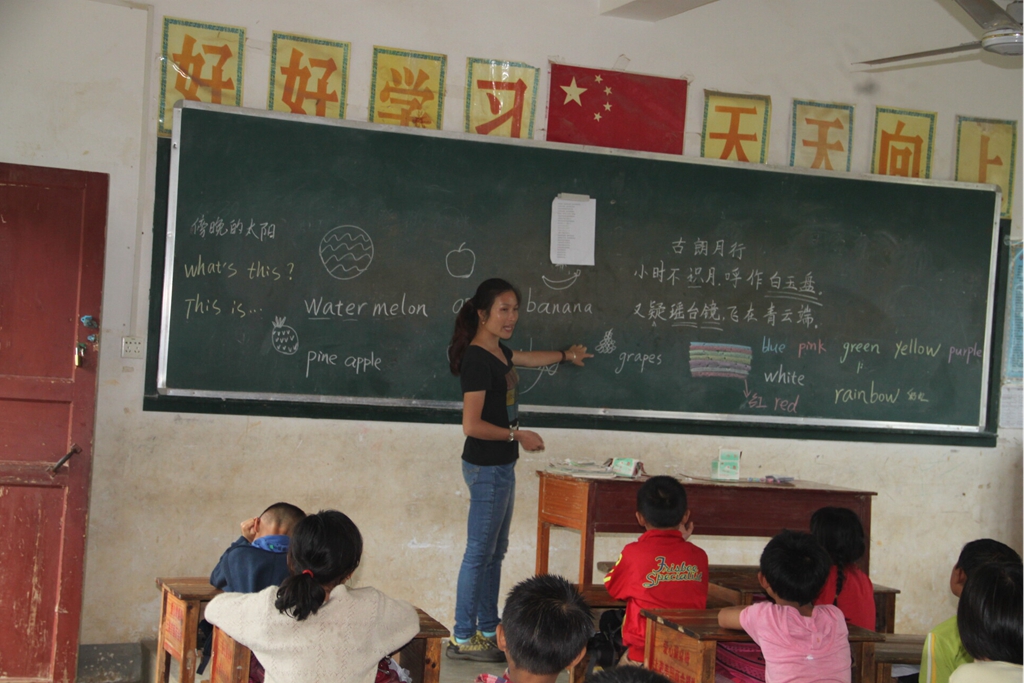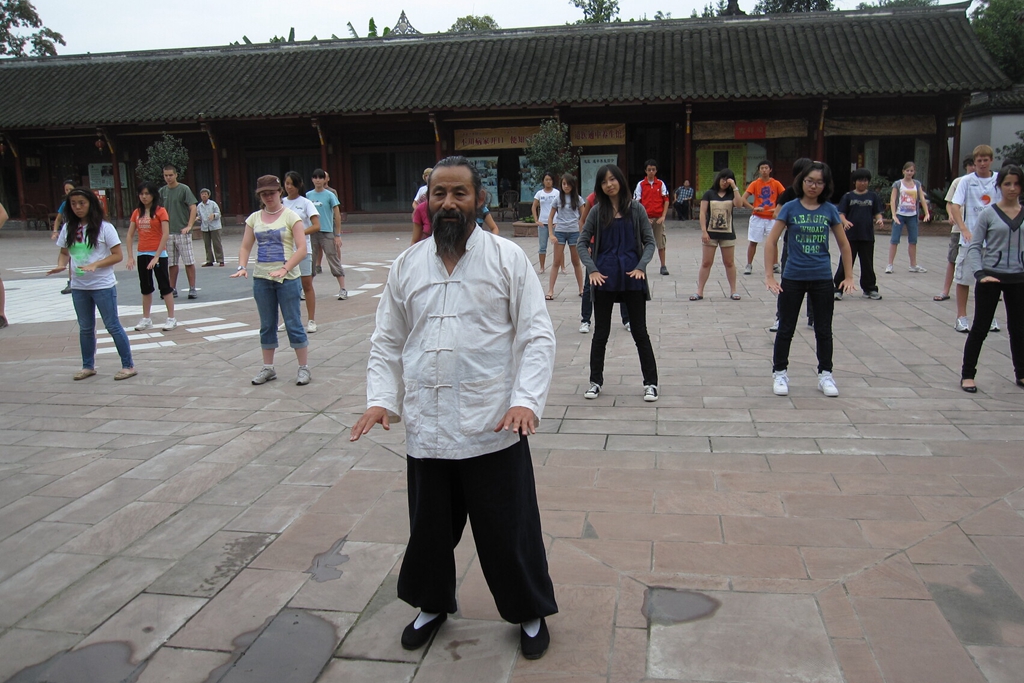Terratribes Articles

Why You Should Consider a Gap Year
By Learn Through Experience ; photos by Terratribes
Is your child nearing the end of high school? This is the perfect opportunity to work in a gap year that features some aspect of experiential education. Far from being a lost or wasted year, a gap year could be just the thing to get your child focused, committed and ready to take on the world.
The Rising Popularity of Gap Years
Once primarily part of the U.K. and Australian student experience, gap years are now seeing a rise in popularity in the United States as well. In fact, Gap Year Association estimates show that anywhere from 30,000 to 40,000 students take formal gap year deferments from their college of choice, with more participating each year.
Some schools encourage admitted students to defer enrollment so they can take a gap year — just like Malia Obama did when she deferred Harvard enrollment to learn about the movie business. Other schools are setting up scholarships, which students then use toward a gap year experience before starting their courses. What this indicates is that school officials are now realizing an important fact: Success depends on more than just grades.
Top Reasons to Take a Gap Year
Here are four reasons why your child might benefit from taking a gap year.
Gain Self-Awareness and Clarity
Most students graduate from high school at age 17 or 18. However, research shows that young adult brains are still developing at this point, and they don’t reach maturity until the prefrontal cortex develops fully, around age 25.
Gap years give students another year to figure out what makes them tick — what gets them excited and eager to start a new day. Self-awareness won’t happen overnight, which is why engaging in gap years and experiential education can help your child narrow down on what he or she wants from life. Sometimes it is only in letting ourselves think freely without pressure that we come up with the ultimate answer.
Boost Skills and Experience
Participating in a gap year can also provide crucial access to hands-on experience. Some students transfer from four years of high school to four or more years of higher education; then, they wind up on the other side unsure of how to navigate the ins and outs of adulthood.
A gap year, on the other hand, can give your child what he or she cannot always get while in school: time to develop much-needed work and life skills. Results from the Gap Year Association 2015 survey showed that 84 percent of surveyed students felt their experience gave them relevant career skills, while 93 percent said it helped them develop vital communication skills.
Renew That Passion for Learning
Attending school year after year can lead to burnout. Burned out students won’t be excited for more school, and they may even contemplate not attending school at all. By encouraging your child to experience a gap year, you give him or her the opportunity to disengage from the traditional student mindset.
Using that year to focus on new interests and experiences, your child will see what happens in the real world, and what education is needed to get there. Roughly 73 percent of Gap Year Association survey participants believed their time off helped prepare them for college, and 59 percent said it helped them decide to attend higher education when they hadn’t planned to. Other research from Karl Haigler and Rae Nelson showed that 90 percent of students planned to head back to the classroom upon finishing their gap year.
Experience New Cultures
Apart from educational pursuits, a gap year experience helps your child see the world from another perspective. Whether in your own community or in another country, experiencing what other people experience can be a life-changing opportunity. It might even encourage your child to head into a particular field of study, such as human rights, agricultural technology or international policy.
Of course, not all experiences must happen internationally. Some gap year experiences take place within the same province, such as in the mountains or in the urban downtown, but the end results are just as fulfilling.



